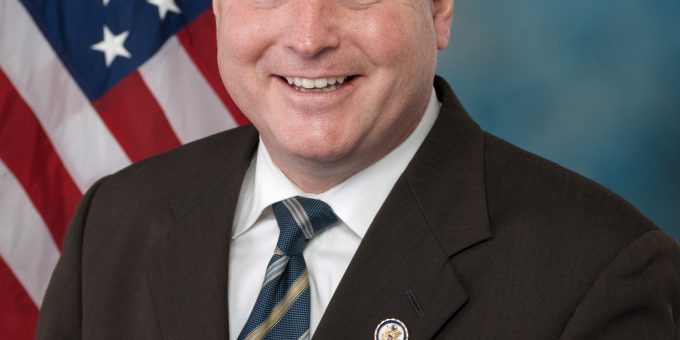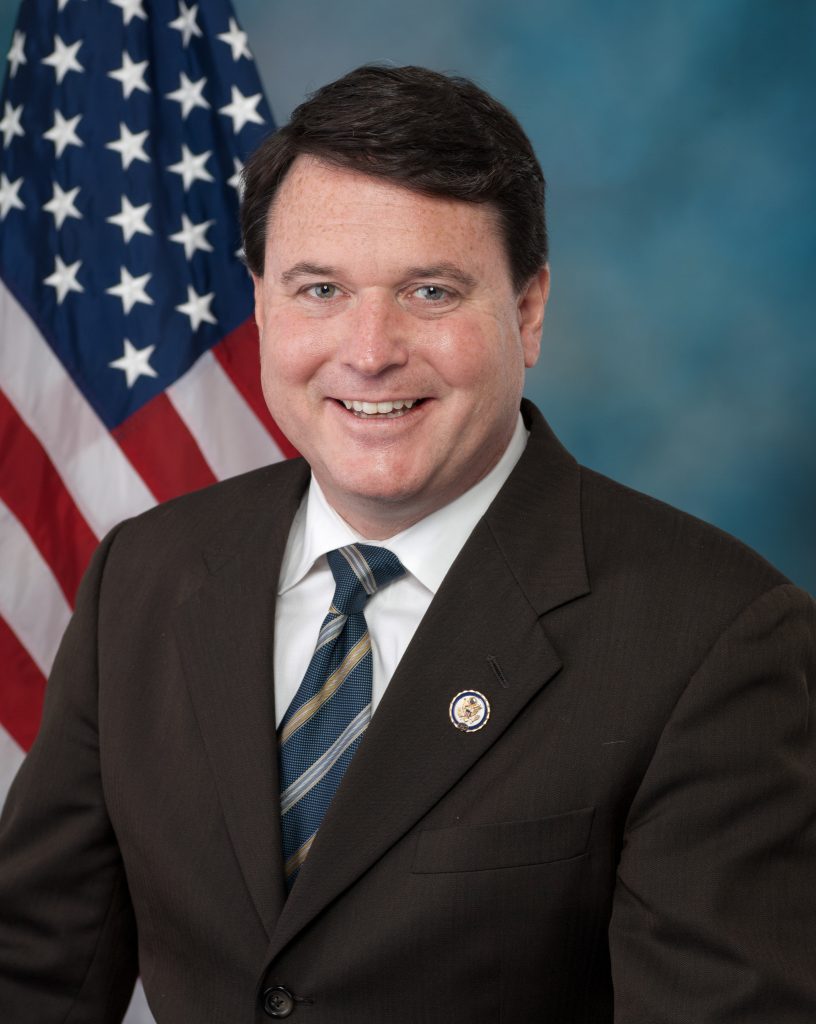
INDIANA – Attorney General Todd Rokita Wednesday announced a historic $507 million settlement for Indiana as part of a $26 billion multi-state agreement that will help bring desperately needed relief to people across the country who are struggling with opioid addiction.
The agreement includes Cardinal Health, McKesson, and AmerisourceBergen – the nation’s three major pharmaceutical distributors – and Johnson & Johnson, which manufactured and marketed opioids. The agreement also requires significant industry changes that will help prevent this type of crisis from ever happening again. The agreement would resolve investigations and litigation over the companies’ roles in creating and fueling the opioid epidemic.

“This $507 million settlement for the state of Indiana marks a massive step forward in our efforts to end the opioid epidemic and provide justice to countless Hoosier families torn apart by this crisis,” said Attorney General Rokita. “While no amount of money will ever compensate for the loss and pain that’s resulted from the scourge of addiction across our state, this significant settlement will go a long way in preventing a crisis of this kind from ever happening again.”
The settlement agreement could resolve the claims of both states and local governments across the country, including Indiana’s lawsuit against Cardinal Health, McKesson, and AmerisourceBergen, and potentially resolve local communities’ lawsuits in federal and state courts. Following today’s announcement, states have 30 days to sign onto the deal and local governments in the participating states will have an additional period of time to join to secure a critical mass of participating states and local governments. States and their local governments will receive maximum payments if each state and its local governments join together in support of the agreement.
Indiana anticipates signing the agreement, ensuring that Indiana local governments will be eligible to participate. Indiana’s share will be distributed among the State and local governments pursuant to a statute passed by the Indiana General Assembly this spring (IC 4-6-15). Local governments that are currently litigating were provided the ability to opt out of the state’s opioid plan. Those local governments have the opportunity to opt back into the state’s plan within 60 days of opting out. Indiana stands to receive approximately $507 million with all local governments on board. If subdivisions do not opt back in, Indiana collectively loses up to $237.9 million in opioid abatement funds from the global settlement.
“Earlier this year, I worked hand-in-hand with members of the Indiana General Assembly to ensure Indiana communities could take advantage of this settlement at the earliest opportunity it came,” said Attorney General Rokita. “The settlement is structured so that communities will receive guaranteed money, rather than pursuing their own lawsuits and fighting against massive corporations and their lawyers for years to come with no guarantee of any payout. Any Indiana local elected official who has been advised otherwise should come back into the settlement now. Only by doing this will Indiana truly be able to make meaningful progress toward ending the opioid epidemic. The well-being of our families, friends, and neighbors depends on it.”
Funding Overview:
- The three distributors collectively will pay up to $21 billion over 18 years.
- Johnson & Johnson will pay up to $5 billion over nine years with up to $3.7 billion paid during the first three years.
- The total funding distributed will be determined by the overall degree of participation by both litigating and non-litigating state and local governments.
- The substantial majority of the money is to be spent on opioid treatment and prevention.
- Each state’s share of the funding has been determined by agreement among the states using a formula that takes into account the impact of the crisis on the state – the number of overdose deaths, the number of residents with substance use disorder, and the number of opioids prescribed – and the population of the state.
Injunctive Relief Overview:
- The 10-year agreement will result in court orders requiring Cardinal, McKesson, and AmerisourceBergen to:
- Establish a centralized independent clearinghouse to provide all three distributors and state regulators with aggregated data and analytics about where drugs are going and how often, eliminating blind spots in the current systems used by distributors.
- Use data-driven systems to detect suspicious opioid orders from customer pharmacies.
- Terminate customer pharmacies’ ability to receive shipments, and report those companies to state regulators, when they show certain signs of diversion.
- Prohibit shipping of and report suspicious opioid orders.
- Prohibit sales staff from influencing decisions related to identifying suspicious opioid orders.
- Require senior corporate officials to engage in regular oversight of anti-diversion efforts.
- The 10-year agreement will result in court orders requiring Johnson & Johnson to:
- Stop selling opioids.
- Not fund or provide grants to third parties for promoting opioids.
- Not lobby on activities related to opioids.
- Share clinical trial data under the Yale University Open Data Access Project.
This settlement comes as a result of the tireless work of staff in the Indiana Attorney General’s Office and investigations by state attorneys general into whether the three distributors fulfilled their legal duty to refuse to ship opioids to pharmacies that submitted suspicious drug orders and whether Johnson & Johnson misled patients and doctors about the addictive nature of opioid drugs.
The Indiana Attorney General’s Office has worked aggressively and tirelessly to hold corporations accountable who put greed over Hoosiers’ health with respect to the opioid crisis. In February 2021, Attorney General Rokita filed a $12.5 million settlement for Indiana as part of a $573 million multi-state settlement with one of the world’s largest consulting firms, McKinsey & Company, resolving investigations into the company’s role in working for opioid companies, helping those companies promote their drugs, and profiting from the opioid epidemic.



